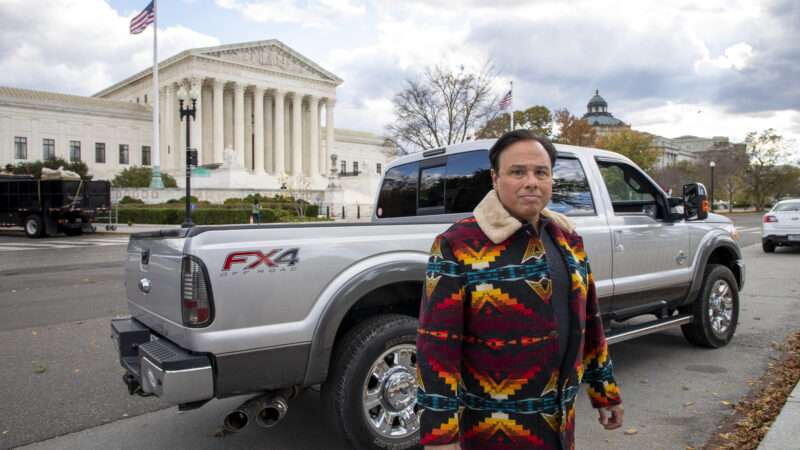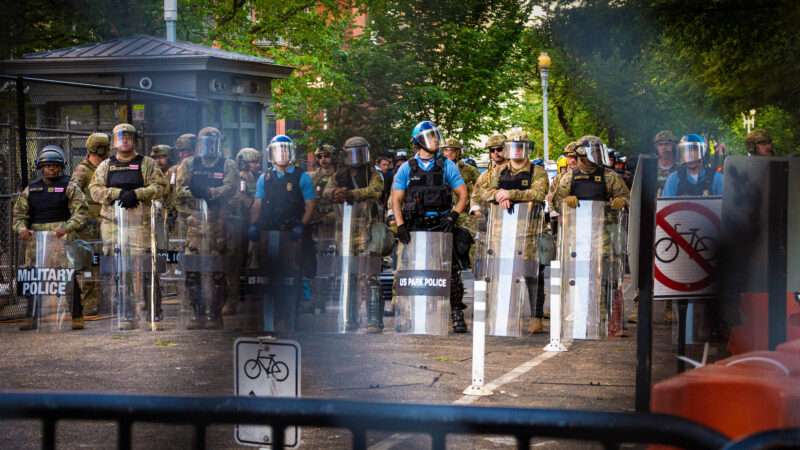I’ve been warning for years about how social media suppresses views that aren’t popular in Silicon Valley. Until recently, though, I hadn’t found myself on the receiving end of its power. Now I have. So this take on Silicon Valley speech suppression is more personal than usual.
Let’s start with the Hunter Biden laptop story.
I know. You’re probably already scoffing. Certainly my mostly liberal (and even some conservative) friends are convinced the whole thing is bogus, of interest only to denizens of the Trump fever swamp. They remember that the laptop was never verified, that it was widely suspected of being a product of Russian hacking and disinformation, and even if true, that it was simply a wallow in Hunter Biden’s many personal failings that told us nothing about his father’s fitness for office.
Most of those widespread views are wrong. They are contradicted by a long and detailed story in the UK’s Daily Mail. The “Russian disinformation” claim never stood up to much scrutiny, consisting as it did mainly of assertions that faking a laptop was the kind of thing the Russians would do. Now, however, the Daily Mail has validated the laptop and its contents, both obtaining a former FBI agent’s forensic judgment and conducting a detailed examination of the laptop’s contents. The sheer volume of material makes it highly unlikely that the laptop itself was a fabrication. There are 103,000 text messages, including many intimate (and heart-breaking) father-son exchanges, 154,00 emails, and over 2,000 photos, including numerous nude or sexual pictures of Biden and others. (That leaves open the possibility that someone, perhaps even Russian intelligence, might have added a few fake documents to the real ones – a possibility that would seem to call for detailed examination of the laptop’s contents, something no mainstream media outlet has deigned to conduct.)
As for its relevance to President Biden’s fitness, earlier reporting disclosed correspondence suggesting that Hunter’s unsavory businesses exploited or even benefited his father. And the Daily Mail claims that Hunter was getting some form of Secret Service protection long after the agency claimed to have ended its work for the Biden family. Maybe these stories will fall apart on examination, but there can be little doubt that they deserve investigation. And little doubt that such an investigation could have influenced the 2020 election campaign, when the laptop first surfaced.
What the laptop story got was the opposite of examination. Relying on the unsupported “Russian hacking” conspiracy theory, Twitter blocked the New York Post article. Indeed it blocked the New York Post’s Twitter account for weeks because the Post refused to retract its original tweet about the story. Facebook also limited distribution of the story. The threat was clear enough. Even an established media outlet could lose reach and ad revenue if it reported on the story. And the threat worked; no mainstream publication followed up on the Post article, except for a New York Times article that put the knife in by reporting on controversy over the story’s publication in the Post newsroom. When the story came up during the Presidential debates, candidate Biden was able to dismiss it unchallenged as “a Russian plan [and] a bunch of garbage.”
To my mind, this treatment of the Biden laptop story tells us a lot about the role that Silicon Valley intends to play in future elections. Companies like Twitter were so fearful of a second Trump victory that they seized on a dubious hacking claim to suppress the story. That act of censorship may well have changed the outcome of the election. So when the Daily Mail showed that the hacking excuse for suppressing the story was specious, I posted a link to the Daily Mail story on Twitter and Linkedin, with this introduction:
“The social media giants that won’t let you say the 2020 election was rigged are the people who did their best to rig it: Hunter Biden laptop was genuine and scandalous—Daily Mail”
Linkedin (but not Twitter) decided that I couldn’t say that. It sent me this message:

This is a forbidding message, as it’s intended to be. If you follow the “Learn more” link you eventually come to the standards for restricting or removing accounts, which tells you, “If we determine that an account, or content posted to that account, violates the Professional Community Policies or the User Agreement, we may remove the content or place a restriction on your account. Depending on the severity of the violation, your account may be restricted indefinitely.” (Emphasis added). In short, Linkedin was telling me that it might lock me out of its service if I repeated my offense.
The Linkedin message worried me. I’ve got more than 5000 contacts on Linkedin, and I use it in business almost every day. Losing my account would be a blow.
Nonetheless. I hadn’t been bullied by such a clueless authoritarian since high school. So instead of moving on to some less fraught topic I doubled down, posting five variants of my original post. The idea was to see exactly what it was about my original post that triggered Linkedin’s antibodies. I began by simply posting “The straight news version: The Hunter Biden laptop was genuine and scandalous, according to the Daily Mail.” Then I added a link to the Daily Mail story. Then I added commentary: “Social media suppressed the Hunter Biden laptop story in the middle of the 2020 election campaign. Now we know that the story they suppressed was true.” In the fifth post, I was more pointed: “Social media won’t let you talk about election interference in 2020. Maybe that’s because it was social media that interfered in the election by suppressing a true story that would have hurt Joe Biden.” And, finally, I reposted the original, which said the same thing as the fifth, but talked about “rigging” rather than “interfering with” the election.
I thought there was a real possibility that Linkedin would deplatform me for the same reason the vice principal used to discipline me in high school – my palpable lack of respect for authority. But it was a risk I was willing to take in the name of science – trying to figure out exactly what triggered Linkedin’s content suppression machinery. To cut to the chase, Linkedin left up all of my posts except the one that repeated the original post. That came down, and I again was warned about Linkedin’s professional standards.
What did I learn? First, I am grateful to Linkedin for a chance to recapture my youth, if only for a few hours. Second, Linkedin and its corporate parent, Microsoft, has some explaining to do. (Brad Smith, I’m talking to you.) The most charitable assessment of its policy is that it adopted a lame algorithm that suppresses claims of election rigging of any kind, no matter whether they are charges that Venezuela tampered with our voting machines or arguments that Silicon Valley used its platform power to defeat Trump. The scariest possibility is that, having first joined in suppressing stories that hurt Biden in 2020, Linkedin is now suppressing stories that criticize its role in suppressing stories that hurt Biden.
I’m guessing that a lame algorithm is the real culprit. But frankly, I and anyone else censored by Linkedin deserves to know how that happened. That’s why we need laws requiring social media to provide far more transparency and better appeal procedures when they suppress content. But such laws alone do not seem adequate to the threat.
To be clear, Linkedin, or some algorithm, or some contract employee in Arizona or the Philippines, decided that there were some views about an American Presidential election that I could not express, even to my friends. Really? That’s the real offense to American free speech values. Linkedin added insult to injury when it failed to say why it didn’t like my speech, but that insult carried an injury of its own: It chilled (or tried to) anything I might say in future on that topic. A prudent man wouldn’t have put up any of my followon posts.
That chilling effect probably helps explain why no American media did a story on the Biden laptop after Twitter took down the Post’s coverage. Even a reporter or newspaper who thinks there could be a great story in the laptop had to ask what would happen once the story went on line. If Twitter, Facebook, and YouTube suppressed it, the story would go from bombshell to bomb. It would get no reach and attract no ads. The ambiguity raises the already high cost of doing investigative journalism on this topic.
Such suppression is a recent phenomenon, less than ten years old, but Silicon Valley is not done yet. One of my rules about the Valley is “You won’t know how evil a technology can be until the engineers who maintain it begin to fear for their jobs.”
Right now, social media is printing money. No one fears for their jobs, or even their yachts. But if the move to rein in social media really gathers steam, I’m confident the content suppression tools that protected Joe Biden will be used with even more enthusiasm to protect Silicon Valley itself.
Of course, at that point it will be foolish to complain. No one will hear you anyway.
from Latest – Reason.com https://ift.tt/3gnosdr
via IFTTT

